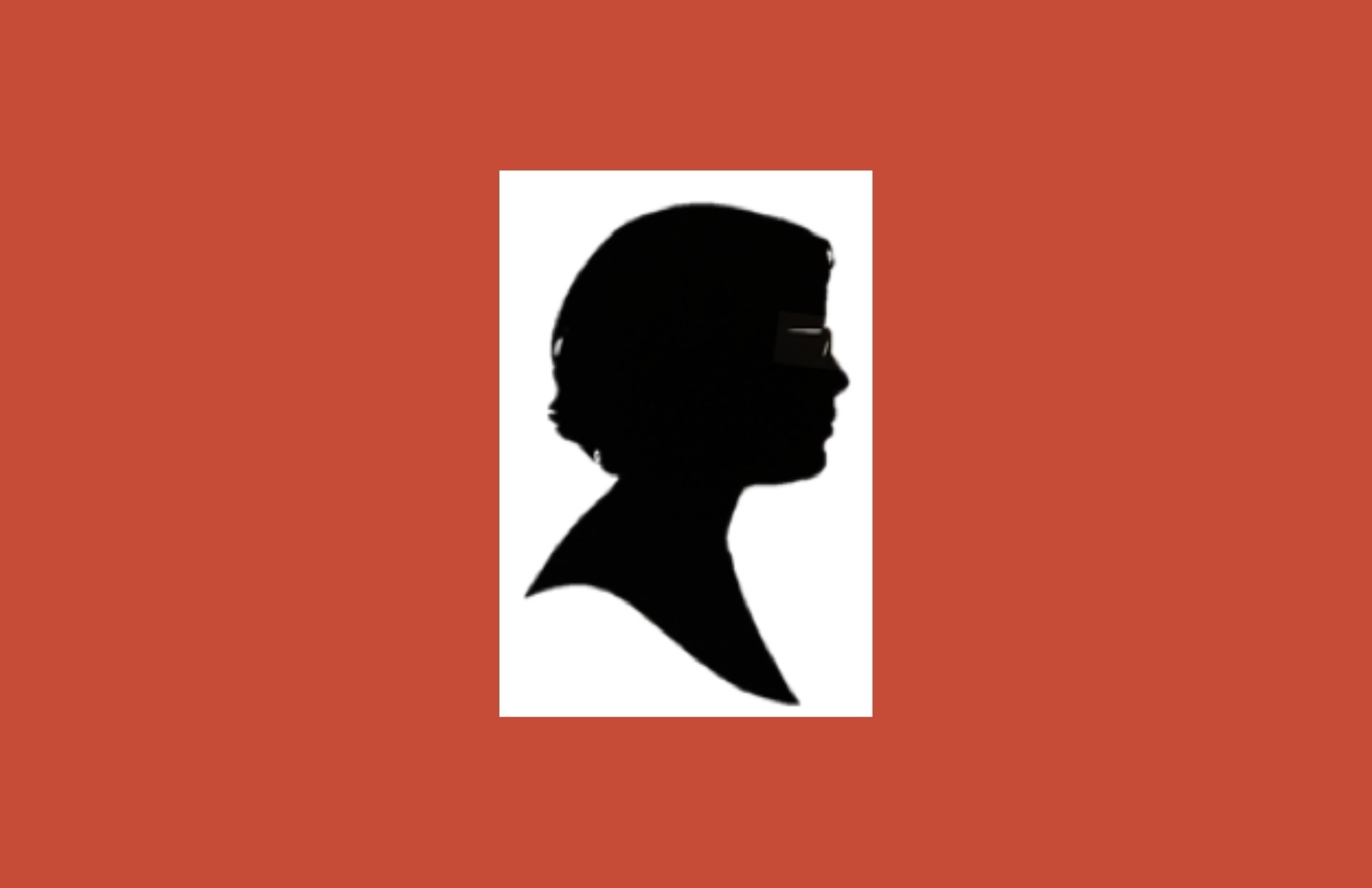A. Rose Bi lives in New England with her cats who love to sleep on her lap while she spends most of her time watching TV and playing video games while her partner cooks amazing food. In addition to being an out and proud bi+ woman, A. has a degree in Cognitive Science, has completed trainings for LGBTQIA+ and sexual assault survivor advocacy, and has experience answering calls for an anonymous LGBTQIA+ help line. She is passionate about feminism, the bi+ community, LGBTQIA+ and female representation in the media, and helping others. Her pronouns are she/her and they/them.
Have questions of your own for A. Rose Bi? Email arosebi.questions@gmail.com.
Dear A. Rose Bi,
As I’ve gotten older, I’ve felt more comfortable using the terms bisexual and queer to describe myself. Previously, I thought I was straight. However, a guy friend of mine who identifies as bisexual as well said that growing up he thought he was gay. I’ve actually heard multiple stories from women who had a journey similar to mine and men who had journeys similar to my friend. Do you see the same trend? And if you do, do you have any insight into why?
Sincerely,
A Bisexual Previously Known as Straight
Dear A Bisexual Previously Known as Straight,
I’ve actually heard this myself—although I have no idea if it’s a reported trend (now I want to do some research!). I’ve had a lot of conversations about this and here is my theory:
Growing up as a girl (specifically a cis-girl), I quickly found that other girls around me, from middle school through college, would talk about how pretty other girls were. We could discuss—without it being seen as odd or weird—how physically attractive other girls or women were, how great their outfits and hair were, how good their makeup looked. From a young age, I found other girls and women attractive, but I assumed based on these discussions that all girls did. So, I concluded: much like you, I must be straight just like all these other girls, right? After all, I still liked boys.
However, boys and young men (again, specifically cis-boys), deal with an entirely different set of social norms and rules. Young boys who experience attraction to other boys unfortunately often quickly learn that sharing such thoughts is unacceptable. The amount of ingrained misogyny and homophobia in our society teaches boys from the very beginning that showing interest in other boys isn’t okay. Boys don’t compliment other boys’ appearances; they don’t talk to each other about how good another boy looks that day. Almost instantly, this behavior is called out as deviant and wrong. Of course, a young boy experiencing attraction to other boys and realizing this isn’t a universal feeling, would make the assumption that he was different from the straight boys surrounding him and that he is gay.
At the core of the differences in these gendered experiences is homophobia, misogyny, and of course, bi-erasure. Many of us, especially those who grew up in an earlier time period or in more conservative towns or cities, likely didn’t encounter the terms bisexual, pansexual, or queer in a healthy way or maybe at all. With no terms to fit us and our feelings, we default to whether or not we’re the same or different from the presumed straight people who surround us.
We have lots of work to do, as we can’t forget how the intersectionality of gender fits into our bi/pan/queer identities and journeys, just as do race, ethnicity, disabilities, and more.
Thank you for sharing your experience and opening up a larger discussion about these intersectional identities and experiences!
Lots of Love,
A. Rose Bi

